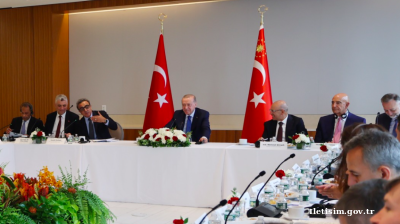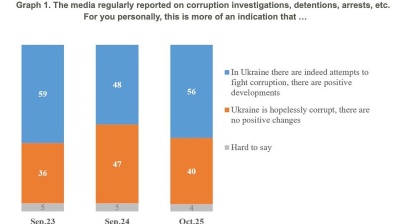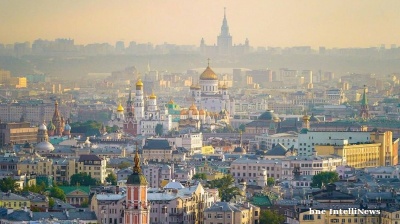VE Day, or Victory in Europe Day, is celebrated on May 8 each year to mark the formal end of World War II in Europe, reports Statista.
On this day in 1945, Allied forces accepted the unconditional surrender of Nazi Germany, bringing nearly six years of brutal conflict in Europe to a close. The day is commemorated to honor the courage and sacrifice of those who fought and died during the war, and to celebrate the return of peace to the continent. Today, on the 80th anniversary of VE Day, that peace suddenly seems fragile, as Russia’s invasion of Ukraine and the crumbling transatlantic alliance have rattled Europe’s long-lasting sense of security.
With the United States under Donald Trump no longer seen as a reliable partner and Putin’s Russia posing an unpredictable threat, concerns about possible military conflicts have risen across Europe. According to Ipsos’ monthly What Worries the World report, more and more Europeans fear the prospect of war, naming it among the top three concerns their country is currently facing. As our chart shows, those concerns are particularly widespread in Poland, which is not a surprise given its border with Ukraine and proximity to the war that has been raging on for more than three years now.
But growing concern about military conflicts isn’t limited to Eastern Europe, with the Netherlands, Germany and France also seeing significant increases in the share of respondents who picked war as a top 3 concern. Looking beyond Europe, fears of war are less widespread in other parts of the world, with an average of 12 percent of respondents naming it a top concern across 29 countries. Interestingly, armed conflict is not a major concern for people in South America, with less than five percent of respondents in Brazil, Chile, Colombia, Argentina and Peru naming war as a top concern.
 You will find more infographics at Statista
You will find more infographics at Statista
Data

Chobani yoghurt king Hamdi Ulukaya becomes richest Turk
Knocks Murat Ulker into second place in Forbes ranking as his company's valuation leaps to $20bn.

Ukraine’s credibility crisis: corruption perception still haunts economic recovery
Despite an active reform narrative and growing international engagement, corruption remains the biggest drag on Ukraine’s economic credibility, according to a survey by the Kyiv International Institute of Sociology.

India’s retail payment revolution
India’s payments landscape has reached a pivotal stage, with digital transactions now accounting for 99.8% of all retail payments.

Military aid for Ukraine falls despite new Nato PURL initiative – Statista
The Kiel Institute for the World Economy found that military aid to Ukraine dropped sharply in July and August compared to previous months, despite the implementation of the Nato PURL initiative.




